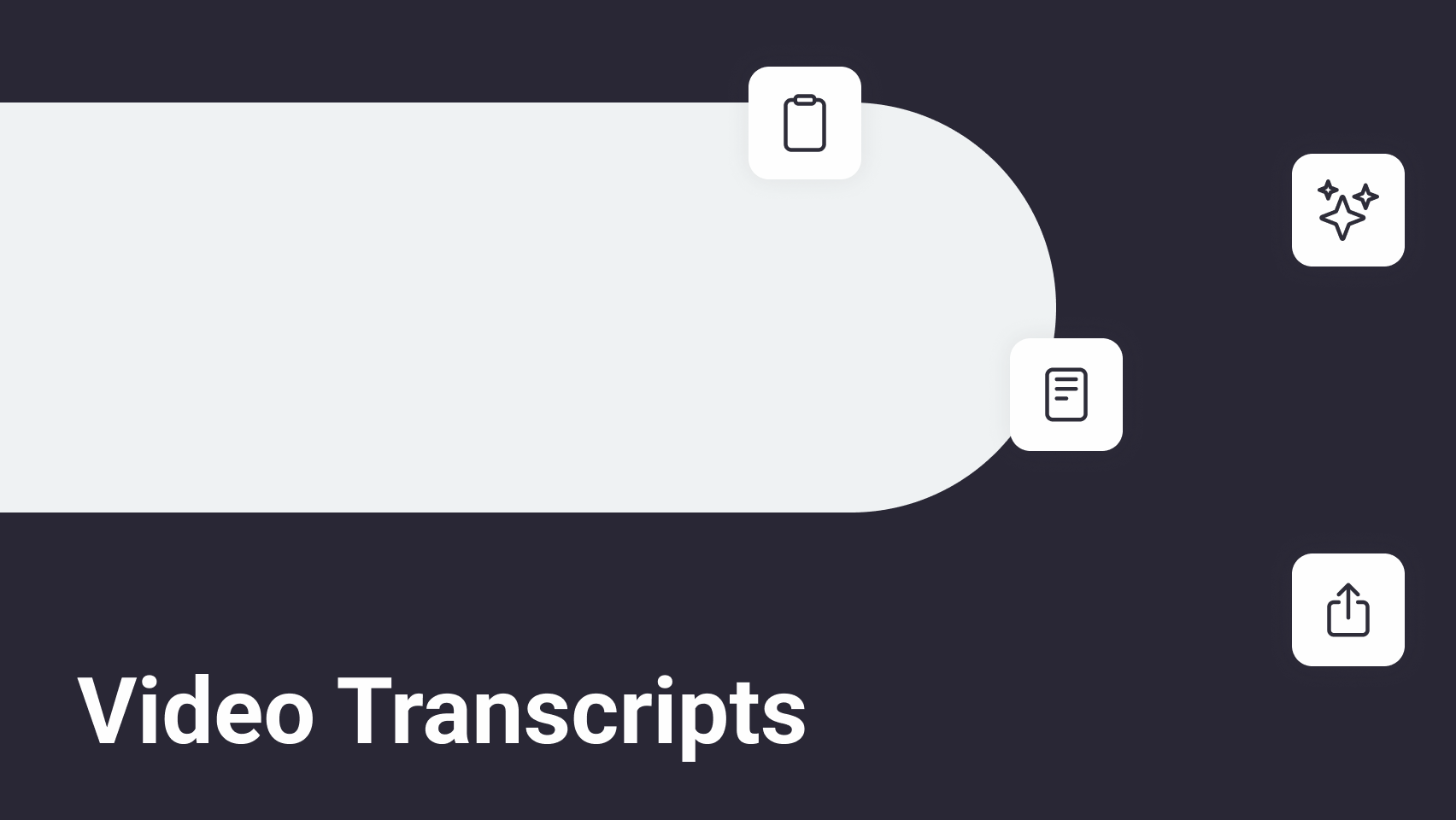Why Do I Hate Reading Books? - A Somewhat Deep Look Into a Simple Matter

If we dive deep into what the love for reading actually consists of, it becomes a little clearer why reading can be such a chore: essentially, you are looking at symbols and your brain is trying to interpret those symbols as representing certain concepts (words), and then decipher the relationship between those concepts (syntax) to get to the idea the writer is trying to get across. Furthermore, in order to make the most of your time, you are also trying to remember important concepts while reading.
The task becomes even more daunting the less skilled the reader is. For example, a child who is just learning to read in an alphabetic language like English, Spanish, or most Western languages has to interpret individual letters representing sounds. Then they need to understand the combination of these sounds and how they affect each other to understand what each syllable sounds like, and only then can they understand the whole word and try to get to the meaning and context behind it. Not to mention the fact that some writers, let us be honest, are often not great at keeping written material consistent, and because of that deciphering the meaning becomes even more difficult without proper note taking.
This is a serious amount of work for the human brain, and it becomes more straining the less skilled readers are at reading and writers at writing. This claim is supported by a behavioural NIH study.
Is it okay to hate reading?
Taking all complexities of focused reading into account, it is no wonder reading and most importantly understanding the literature can be as exhausting as solving difficult mathematical problems, and when you have a complicated task, it is very likely that you are not going to enjoy it. But how much does the average person read in a day and what can that information help us with?
According to the Time Use Survey by the U.S. Bureau of Labor Statistics, the average American spent 16 minutes reading for pleasure a day in 2022. But what does that number tell us? Not much, other than having an understanding of what amount of reading is above or below average in the U.S., if you just aim to read more than 20 minutes a day, you will have a good start and be above average among your peers in the United States.
How can I learn to love reading?
This can seem like a daunting task, but there are multiple ways this issue can be addressed. Continuing with the understanding that reading is a straining activity, the first way you can solve this issue would be to get better at reading. After all, just like with any other activity, the more skilled you are, the easier the task becomes.
The obvious way to improve your reading ability is to start reading more. This does not sound very enticing if you are not a fan of reading, but there are some tips and tricks you can use to make this a bit more enjoyable.
- Read engaging content.
If you ever went to a gym and hated it, it does not mean that you hate sports entirely, it just means that maybe working out in the gym is not the fitting activity for you, and you could try for example a ball game instead. The same logic applies when you are looking to start to love reading: if you have to drudge through tons of boring and badly written texts, no wonder you think to yourself “Why do I hate reading so much?”. Try a book or text that you find interesting, and understanding the content will serve as positive reinforcement and as a reward for your hard work.
- Put regularity over quantity
In terms of skill gains, it is much better to read a page a day, than to read a chapter once a week. And there is another hidden benefit to this, too: you are much less likely to strain yourself and cause burnout reading in small quantities. When you learn to read regularly, you will find that reading even less engaging content starts to become easier.
- Start slow and simple
This ties into the previous points: ideally, you want to establish a habit, and not cause burnout in the process. For that, you need two things: regularity, and rewards outweighing the amount of work put in. This is why it is so important not to read too much at first, read interesting things, and do it regularly. All this creates a positive reinforcement loop, where you put some work in, you get a reward, and if you do it regularly enough, you will get used to that reward, and the work required will turn you off less and less.
What do I do if I hate reading, but I still have to read for work or studies?
Even though the method above works, it is not a fix-it-all answer. You might just not have the time or the energy to put so much work into getting better at reading, so you can resolve your day-to-day issues, and it does not cover all situations. If you need to read lots of texts for work or studies, you might not be really after learning to love reading, but realistically you just need to develop special reading skills like skimming and scanning, which will take additional time and effort to get a hang of.
This is where we can be thankful that we live in the 21st century when so much work can be either automated or assisted with a myriad of different tools. In our case, you can look at AI doing the reading for you, and providing you with a summary. This can provide an immediate solution to the problem at hand, and not only save you time by doing the reading for you but also eliminating the need for extensive reading practice to be able to skim and scan through texts yourself.
Summing it up
To recap, here are the main reasons for disliking reading:
- Reading is a highly demanding task.
- Bad writing.
- Lack of practice and focus.
- High amounts of compulsive reading for work or studies causing burnout.
- The read does not align with the person’s interests.
It is important to remember that many people do not read for pleasure and there is usually nothing wrong with it. Even so, reading can be an excellent pastime which is also healthy for your mind, if you learn to love it, so give our tips a try and see if it helps!
Finding balance with reading
Reading can be a very divisive topic because it is considered to be a highly beneficial intellectual pastime, and sometimes people can be snobbish about it. Because of that, saying “I hate reading” and by extension asking the question “Why do I hate reading” can feel somewhat awkward, like it is frowned upon. Nevertheless, stating the problem and asking the question are the most important steps towards finding a solution. The next step is doing your own research to find a good solution, so I encourage you to take the information presented here with a grain of salt and test the tips offered here yourself. See what other credible sources say about learning to love reading, and test if AI really is good at summarizing information, and can cut time spent reading.
In any case, reading for pleasure is a hobby, and not everyone has to love it. People are different and we all have our preferences and inclinations. And reading for work and studies can be assisted with the use of modern tools, so no one has to force themselves to love something they simply do not.
FAQ
References
- Brain activation for reading and listening comprehension: An fMRI study of modality effects and individual differences in language comprehension
https://pmc.ncbi.nlm.nih.gov/articles/PMC3081613/#S15 - Reading for pleasure declines in popularity: an article by Katharina Buchholz on Statista
https://www.statista.com/chart/27287/average-hours-spent-per-day-by-americans-reading-for-pleasure/
Stay ahead of media











